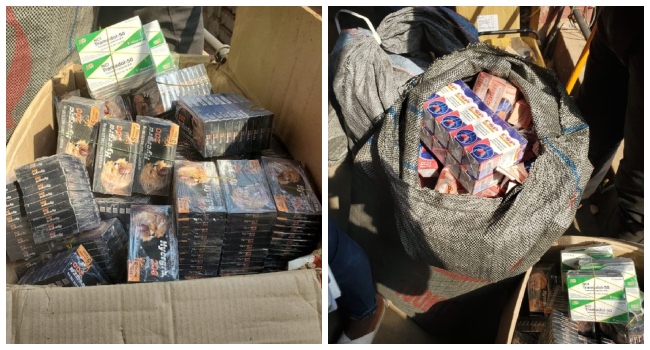The National Agency for Food and Drug Administration and Control (NAFDAC) has justified its recent crackdown on counterfeit drugs, dismissing claims that it is acting against businesses.
NAFDAC’s operation involved raiding markets and shops where fake drugs were found, sparking criticism from some quarters. Detractors accuse the agency of unfairly targeting non-drug sections of certain markets.
However, NAFDAC’s Director General, Mojisola Adeyeye, refuted these allegations, insisting the agency’s actions are aimed at safeguarding public health.
“We are not disrupting trade; we are protecting lives. We could not have done this without the NSA. It is a security risk for our country. What the BBC showed would break your heart—young men rendered useless,” Adeyeye stated in a video posted on NAFDAC’s X handle following the recent seizures.
“What NAFDAC is doing is exactly what it should be doing—safeguarding lives. There is no political motive behind this. Most of these shops are not registered by the PCN, which regulates pharmacy sites and personnel.”
‘A Thorough Operation’
Adeyeye made these remarks during a press conference in Lagos on Saturday after the agency sealed over 11,000 shops and arrested 40 individuals in its operation against counterfeit and substandard drugs.
She explained that the crackdown had been planned for over a year as a covert mission. The operation began on 10 February at major drug markets, including Idumota in Lagos, Ariaria in Aba, and the Bridge Market in Onitsha.
NAFDAC stated that these three markets, which distribute over 80% of the country’s medications, were targeted to eliminate falsified and unregistered drugs.
“We are winding down our operations in Aba as we near the completion of the evacuation. Our next step is to inspect individual shops to determine those operating legally and those that are not registered,” Adeyeye explained.
“So far, we have closed over 4,000 shops in Onitsha, 3,027 in Lagos, and another 4,000 in Aba. In Onitsha, we have only completed 20% of the work. A thorough operation is necessary, as some traders, despite being legitimate, are not registered under the Pharmaceutical Council of Nigeria (PCN).”

